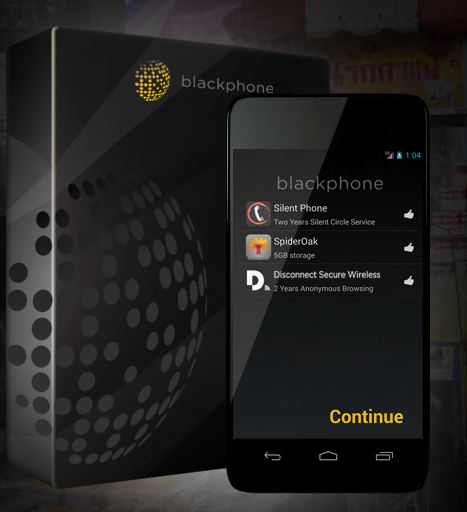Security Reminder
Yahoo Data Breach
The latest Yahoo breach holds the record for the largest single breach of user account. The hack, which occurred in 2014, enabled hackers to collect personal information associated with at least half billion Yahoo accounts—names, email addresses, phone numbers, birth dates, and even security questions and answers, according to Yahoo’s press release. What’s even scarier […]

